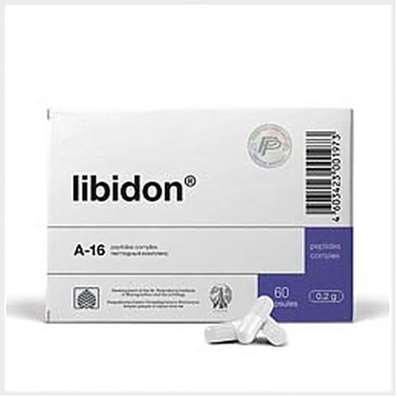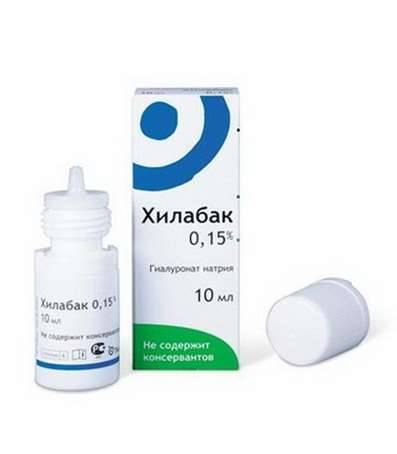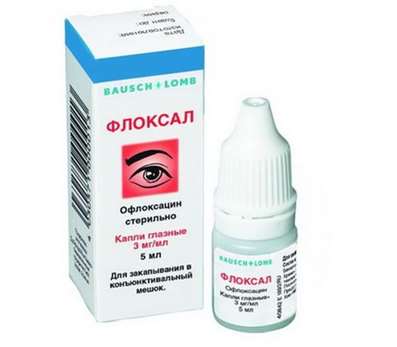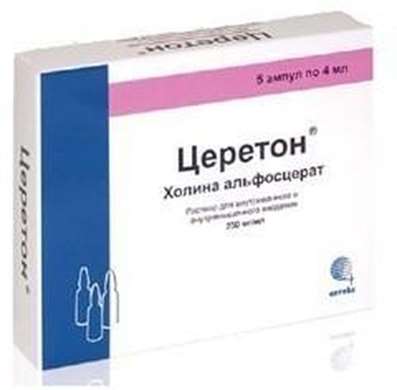Instruction for use: Doxepin
I want this, give me price
Latin name: Doxepinum (genus. Doxepini)
Chemical name
3-Dibenz [b, e] oxepin-11 (6H) -ylidene-N, N-dimethyl-1-propanamine (as hydrochloride)
Gross formula
C19H21NO
Pharmacological group:
Antidepressants
The nosological classification (ICD-10)
F10.2 Syndrome of alcohol dependence: Dipsomania; Drunken drunkenness; Dependence on alcohol; Psycho-organic syndrome in chronic alcoholism; Alcoholism; Alcohol addiction; Drunken state; Alcohol abuse; Ideator disorder in alcoholism; Obsessive attraction to alcohol; Neurotic symptoms with alcoholism; Pathological attraction to alcohol; Chronic alcoholism; Quarterly drinking; Decreased desire for alcohol
F28 Other Inorganic Psychotic Disorders: Affective psychoses; Involutional psychosis; Psychoinstrumental; Psycho senile; Psychic senile; Senile psychosisl; Structural Involutionary Psychosis; Static psychosis
F32 Depressive episode: Adynamic subdepression; Astheno-adynamic subdepressive states; Asthenoadressive disorder; Astheno-depressive disorder; Asthenodepressive state; Astheno-depressive state; Major Depressive Disorder; Vyaloapatichesky depression with retardation; Double Depression; Depressive pseudodement; Depressive illness; Depressive mood disorder; Depressive disorder; Depressive mood disorder; Depressive state; Depressive disorders; Depressive syndrome; Depressive syndrome larviated; Depressive syndrome in psychoses; Depressed masks; Depression; Depression Depletion; Depression with the phenomena of inhibition within the framework of cyclothymia; Depression is smiling; Involutional depression; Involutionary melancholy; Involutional depression; Manic-depressive disorder; Masked Depression; Melancholic Attack; Neurotic depression; Neurotic depression; Shallow Depression; Organic depression; Organic depressive syndrome; Simple depression; Simple melancholic syndrome; Psychogenic depression; Reactive depression; Reactive depression with moderate psychopathological symptoms; Reactive depressive states; Reactive depression; Recurrent depression; Seasonal depressive syndrome; Severostatic depression; Senile Depression; Symptomatic Depression; Somatogenic depression; Cyclotymic depression; Exogenous depression; Endogenous depression; Endogenous Depressive Conditions; Endogenous Depression; Endogenous depressive syndrome
F40.0 Agoraphobia: Fear of open space; Fear of being in a crowd
F41.0 Panic disorder [episodic paroxysmal anxiety]: Panic state; Panic attack; Panic; Panic disorders
F60 Specific personality disorders
K26 Ulcer of duodenum: Pain syndrome with duodenal ulcer; Pain syndrome with peptic ulcer of stomach and duodenum; Disease of the stomach and duodenum, associated with Helicobacter pylori; Exacerbation of peptic ulcer; Exacerbation of peptic ulcer of the duodenum; Peptic ulcer of the stomach and duodenum; Recurrence of duodenal ulcer; Symptomatic ulcers of the stomach and duodenum; Eradication of Helicobacter pylori; Erotic-ulcerative lesions of the duodenum; Erosion-ulcerative duodenal lesions associated with Helicobacter pylori; Erosive lesions of the duodenum; Peptic ulcer disease of the duodenum; Ulcerative duodenal lesions
L29 Itching: Itching with partial obstruction of the biliary tract; Dermatitis itchy; Dermatosis with persistent itching; Other itching dermatoses; Itching dermatoses; Itching allergic dermatosis; Itching dermatitis; Itching dermatosis; Itchy skin; Excruciating itching; Severe itching; Endogenous itching; Skin itching with dermatosis; Restricted itchy dermatitis; Itching of the skin; Itchy scalp; Itching eczema
N94.3 Premenstrual tension syndrome: Pronounced premenstrual syndrome; Menstrual psychosomatic disorder; Menstrual syndrome; Premenstrual tension; Premenstrual status; Premenstrual period; Premenstrual syndrome; Menstruation syndrome
CAS code
1668-19-5
Characteristics of Doxepin
White crystalline powder. It is readily soluble in water, worse in alcohol and chloroform.
Pharmacology
Pharmacological action - antiulcer, antidepressant, anxiolytic, sedative.
It weakens adrenergic transmission in the synapses of the central nervous system, blocks the re-uptake of norepinephrine. It has anticholinergic, antiserotonin and antihistamine action. Quickly and fully absorbed from the gastrointestinal tract, metabolized in the liver with the participation of cytochrome P450 isoenzyme CYP2D6 to pharmacologically active dimethyldisepine, further glucuronidized and excreted in the urine, T1 / 2 - 28-52 hours; distributed among tissues, is found, in particular, in the lungs, heart, brain, liver. Relieves depression, raises mood, eliminates apathy, depression, state of inner tension and fear. Has a therapeutic effect in vegetative disorders of neurotic origin. The distinctly antidepressant effect is manifested after 2-3 weeks of constant reception. Has spasmolytic activity, moderate peripheral vasodilating, myorelaxing and anticonvulsant influence; does not stimulate the central nervous system, does not inhibit MAO.
Indications for the Doxepin
Depression, anxiety and sleep disorders in neuroses, alcoholism, organic diseases of the central nervous system, psychoneurotic disorders with anxiety, depression, psychotic depression (including the involutionary, reactive-depressive phase of manic-depressive psychosis). In general therapeutic practice - peptic ulcer of duodenum, dumping syndrome, premenstrual syndrome, chronic pain in cancer patients, skin itching, chronic idiopathic urticaria.
Contraindications
Hypersensitivity, zakratougolnaya glaucoma, AV-blockade, adenoma of the prostate gland, pregnancy, breast-feeding, children's age (under 12 years).
Side effects of Doxepin
Dry mouth, nausea, vomiting, anorexia, taste disorders, aphthous stomatitis, diarrhea, constipation, urinary retention, visual impairment, general weakness, flushing, dizziness, tinnitus, headache, drowsiness, disorientation, hallucinations , paresthesia, ataxia, extrapyramidal disorders, convulsions, tremor, hypotension, tachycardia, photosensitivity, allergic reactions (skin rash, itching, angioedema, eosinophilia); rarely - leukopenia, agranulocytosis, thrombocytopenia, increased or decreased libido, swelling of the testicles, gynecomastia (in men), breast enlargement, galactorrhea (in women), hypo- or hyperglycemia, inadequate secretion of antidiuretic hormone, alopecia.
Interaction
Cimetidine increases plasma concentration and enhances the effect. In patients with diabetes mellitus, when combined with tolazamide, it is possible to develop severe hypoglycemia. Chlorpromazine increases the likelihood of hyperpyrexia.
Overdose
Drowsiness, stupor, hallucinations, impaired vision, dilated pupils, dry mouth, nausea, respiratory depression, severe arterial hypotension, coma, convulsions, muscle stiffness, tachycardia, arrhythmias typical for tricyclic antidepressant changes in ECG (especially QRS).
Routes of administration
Inside.
Precautions for Doxepin
With prolonged treatment, its sudden discontinuation is not recommended because of the risk of withdrawal syndrome (nausea, headache, general weakness); Do not engage in activities that require an increased rate of mental and motor reactions; during the period of treatment is not allowed to drink alcohol, use of MAO inhibitors.

 Cart
Cart





